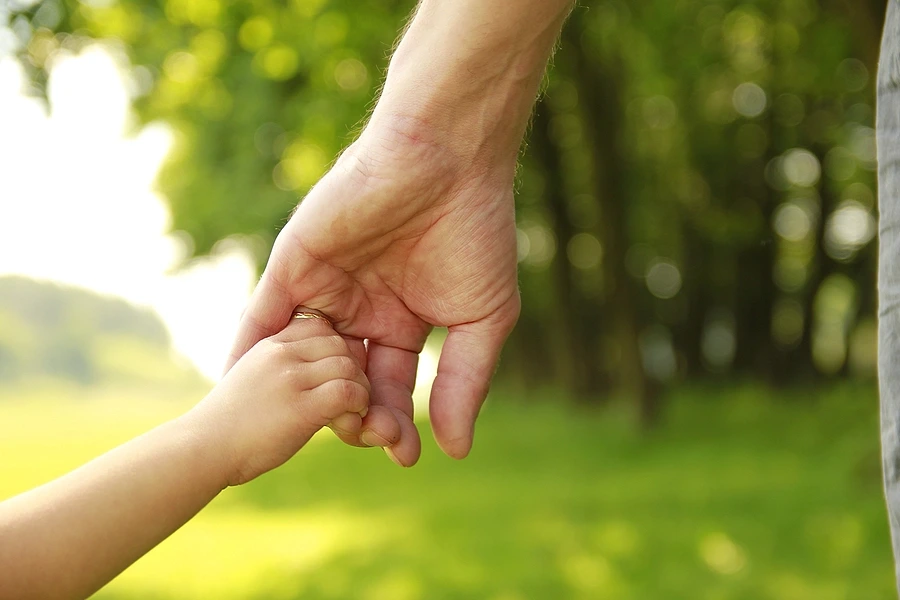How to Handle a Personal Injury Case Involving a Minor in Florida

Handling a personal injury case involving a minor in Florida requires special considerations due to the legal protections and procedural differences that apply to children. This guide outlines the essential steps and considerations for managing such cases, ensuring that the minor’s rights are protected and appropriate compensation is sought.
Understanding the Legal Framework
- Legal Status of Minors: In Florida, individuals under the age of 18 are considered minors and cannot typically file lawsuits or enter into legal contracts independently. This means that any legal action involving a minor must be handled by a parent or legal guardian.
- Court Approval: Florida law often requires court approval for settlements involving minors to ensure that the settlement is in the child’s best interests. This process helps protect the minor from unfair or inadequate compensation.
Seek Medical Attention and Document Injuries
- Immediate Care: Ensure that the minor receives prompt medical attention for any injuries sustained. Early diagnosis and treatment are crucial for both the child’s health and for documenting the extent of the injuries.
- Medical Records: Obtain and maintain comprehensive medical records, including diagnoses, treatments, and follow-up care. These documents will be essential in demonstrating the impact of the injuries and supporting the claim for damages.
Report the Incident
- Notify Authorities: Depending on the nature of the accident, you may need to report it to local authorities or relevant agencies. This is especially important in cases involving accidents on public property, such as car accidents or slip and falls.
- Document Details: Gather detailed information about the incident, including dates, times, and any contributing factors. This information will be valuable for building a case.
Consult with an Attorney
- Specialized Legal Guidance: Seek legal advice from an attorney experienced in handling personal injury cases involving minors. They can guide you through the complexities of the case and ensure that all legal requirements are met.
- Legal Representation: An attorney will help you understand your options, represent your interests in negotiations and court proceedings, and ensure that the minor’s rights are fully protected.
File a Claim and Gather Evidence
- Gather Evidence: Collect all relevant evidence related to the incident, including witness statements, photographs of the accident scene, and any available video footage. This evidence will support the claim and establish liability.
- File a Claim: Your attorney will help you file a personal injury claim with the appropriate insurance companies or defendants. They will also assist in determining the types of damages that may be pursued.
Understand the Settlement Process
- Settlement Negotiations: In personal injury cases involving minors, settlement negotiations often focus on securing a fair amount of compensation for medical expenses, pain and suffering, and any long-term effects of the injury.
- Court Approval for Settlements: Any proposed settlement must typically be approved by a court to ensure that it is in the minor’s best interests. This process involves presenting the settlement terms to a judge who will review and approve the agreement.
Establish a Trust or Guardianship Account
- Trust for Minors: Settlements awarded to minors are often placed into a special trust or guardianship account. This account is managed by a guardian until the child reaches the age of majority or as directed by the court.
- Oversight: The court may appoint a guardian ad litem or other representative to oversee the management of the funds and ensure they are used appropriately for the minor’s benefit.
Prepare for Long-Term Considerations
- Future Medical Needs: Consider the minor’s potential future medical needs and how the settlement can address these needs. This includes any ongoing treatments, therapies, or special accommodations.
- Educational and Lifestyle Impacts: Evaluate how the injury might affect the minor’s education and daily life. Ensure that the settlement takes into account any long-term impacts on their quality of life and opportunities.
Keep Accurate Records
- Document Expenses: Maintain detailed records of all expenses related to the minor’s injury, including medical bills, therapy costs, and any other related expenses. This documentation will support the claim and help justify the compensation sought.
- Regular Updates: Keep track of any changes in the minor’s condition or additional needs that arise after the settlement. This information may be relevant for future legal or financial considerations.
Conclusion
Managing a personal injury case involving a minor in Florida involves navigating specific legal procedures and ensuring that the minor’s interests are thoroughly protected. By seeking prompt medical care, consulting with experienced legal counsel, and carefully managing the settlement process, you can effectively handle the case and secure appropriate compensation for the minor’s injuries. Understanding and following these steps will help ensure that the minor’s rights are upheld and their needs are met.
